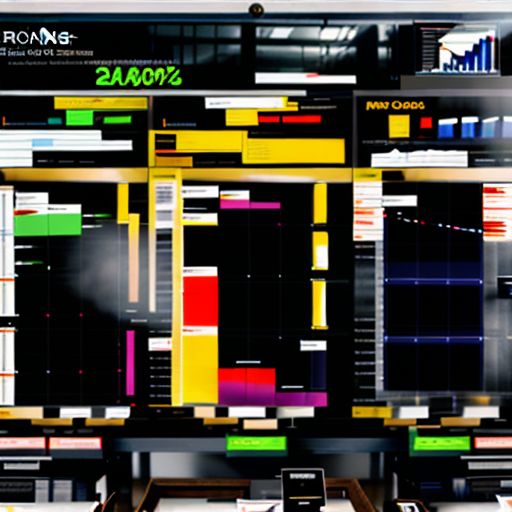Imagine a construction project without a blueprint, materials arriving late, or budgets spiraling out of control. Sounds chaotic, right? That’s where Enterprise Resource Planning (ERP) software emerges as the much-needed blueprint for success in the construction industry.
What is ERP for Construction?
ERP for construction is specialized software designed to integrate and manage all facets of a construction business, from estimating and bidding to project management, accounting, and resource allocation. Think of it as a central nervous system connecting every department and streamlining operations.
Why is ERP Crucial for Construction Companies?
The construction industry thrives on efficiency, accuracy, and timely completion of projects. Here’s where ERP systems become indispensable:
- Improved Project Management: Track project progress in real-time, manage subcontractors, and ensure projects stay on schedule and within budget.
- Enhanced Collaboration: Break down data silos, enabling seamless communication and information sharing between the field and the office.
- Optimized Resource Allocation: Effectively manage equipment, materials, and labor, minimizing downtime and maximizing utilization.
- Accurate Financial Management: Gain real-time visibility into project costs, cash flow, and profitability, enabling informed decision-making.
- Reduced Risks and Improved Compliance: Ensure adherence to safety regulations, manage contracts effectively, and mitigate potential risks.
erp.cungphuthe.com/wp-content/uploads/2024/07/construction-erp-dashboard-66936b.jpg" alt="Construction ERP Dashboard" width="512" height="512">Construction ERP Dashboard
Addressing Common Questions about Construction ERP
Implementing new software can seem daunting. Let’s address some frequently asked questions:
What are the Key Features of Construction ERP Software?
Construction-specific ERP solutions offer features like:
- Estimating & Bidding: Streamline the process of creating accurate bids and proposals.
- Project Management: Plan, schedule, track progress, and manage resources efficiently.
- Document Management: Centrally store and manage contracts, blueprints, and other crucial documents.
- Inventory Management: Track materials, equipment, and optimize their usage.
- Accounting & Finance: Manage payables, receivables, generate invoices, and gain financial insights.
How Do I Choose the Right ERP System for My Construction Business?
Selecting the right ERP system is crucial. Consider factors such as:
- Company Size and Specific Needs: Identify your pain points and choose a system that aligns with your business processes.
- Scalability: Ensure the chosen system can grow with your business and adapt to future needs.
- Integration Capabilities: Seamless integration with existing software, such as accounting software, is essential.
- Budget and Implementation Costs: Evaluate the total cost of ownership, including implementation, training, and ongoing maintenance.
What are the Benefits of Cloud-Based Construction ERP?
Cloud-based ERP solutions offer numerous advantages:
- Accessibility and Flexibility: Access data from anywhere with an internet connection, promoting real-time collaboration.
- Cost-Effectiveness: Reduce upfront investment in hardware and IT infrastructure.
- Automatic Updates: Benefit from automatic software updates and security patches.
In Conclusion: Building a Stronger Future with Construction ERP
In the dynamic construction landscape, ERP software is no longer a luxury but a necessity. By embracing the power of integrated systems, construction companies can enhance efficiency, reduce costs, mitigate risks, and ultimately build a more profitable and sustainable future. If you’re ready to streamline your operations and elevate your construction business, exploring the world of ERP is the first step toward a stronger foundation for success.
